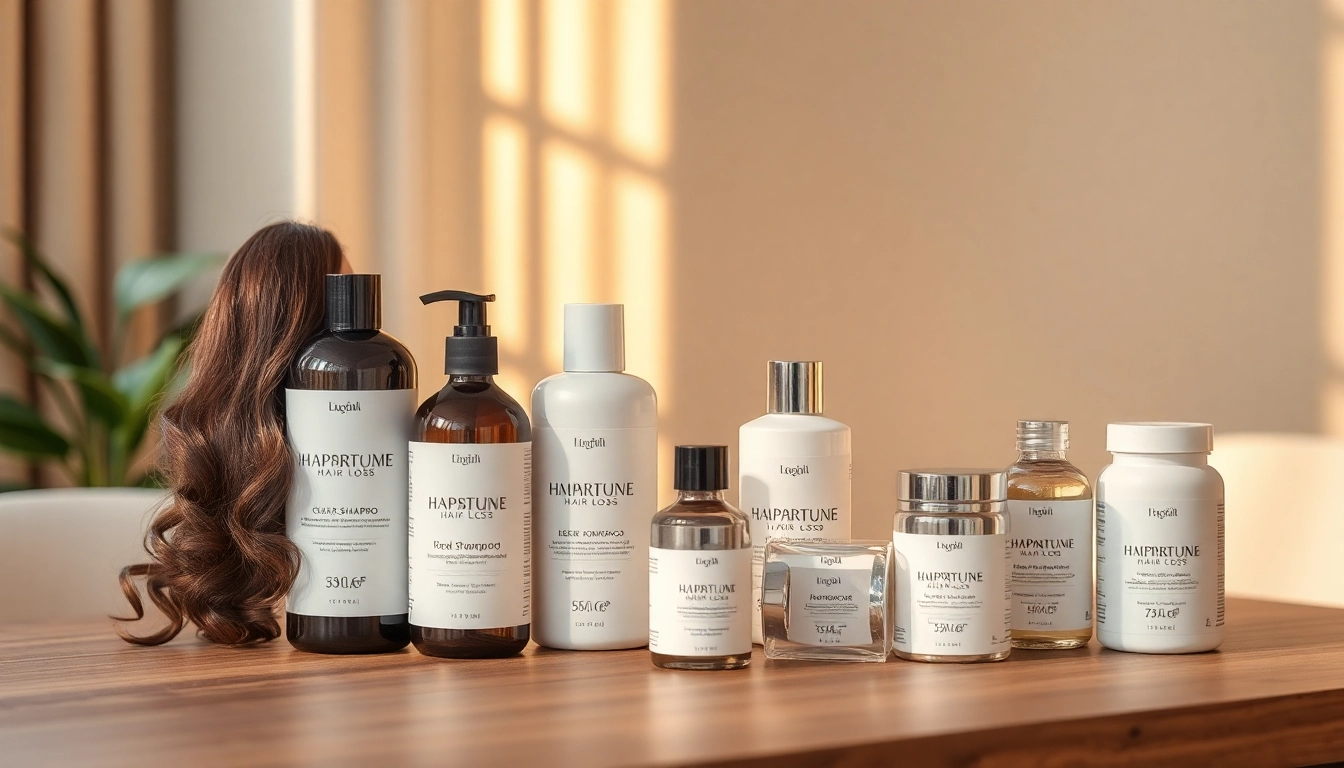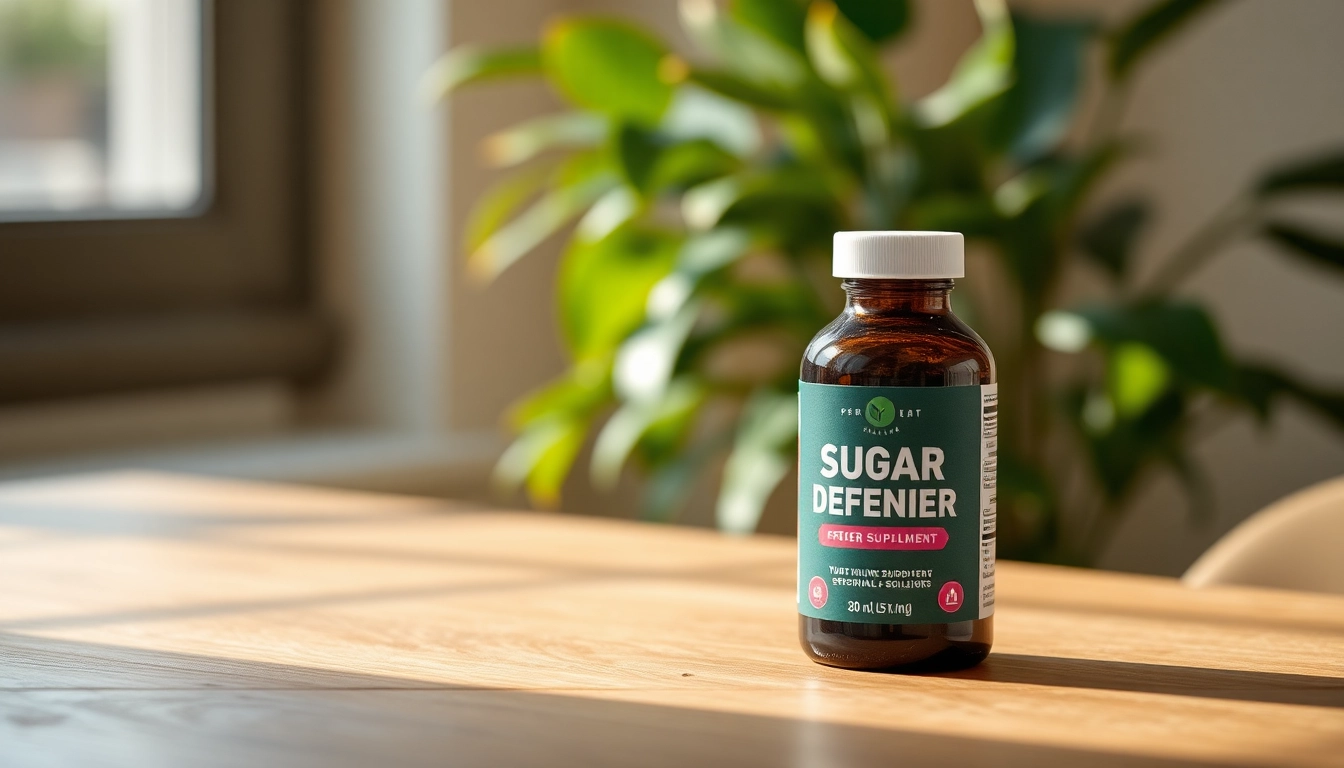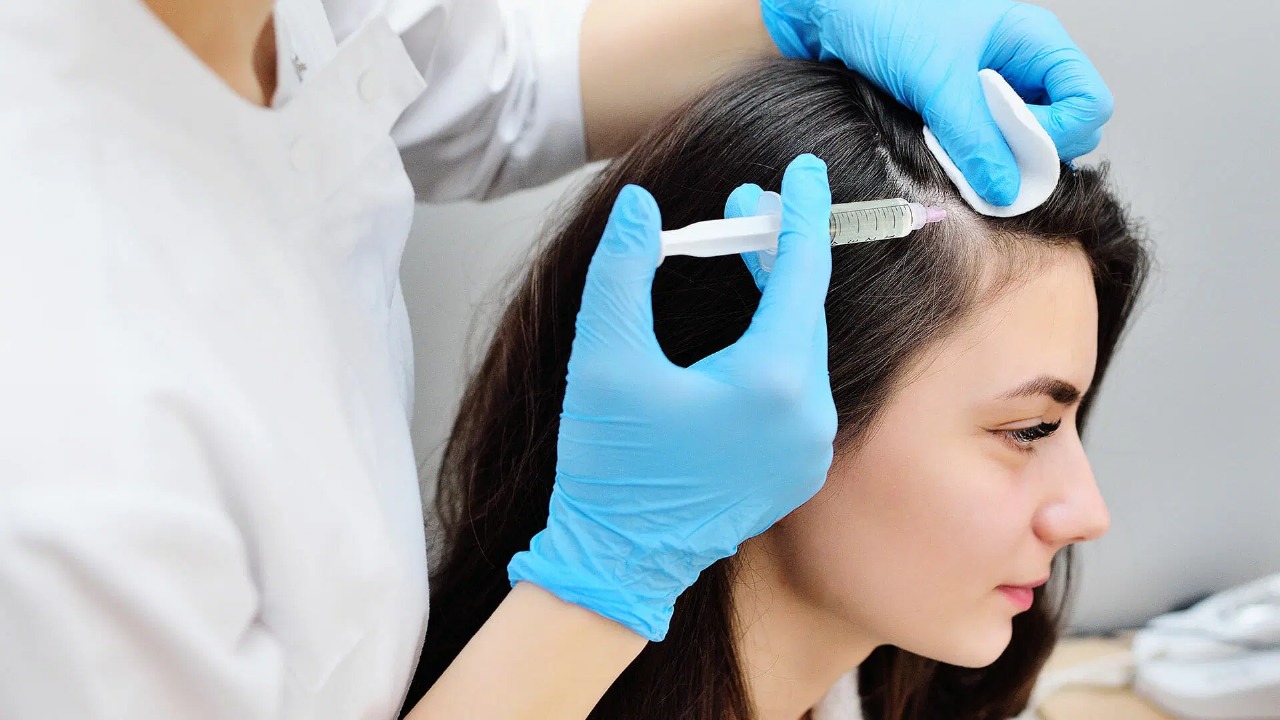Understanding Postpartum Hair Loss
Welcome to the whirlwind of motherhood, where every new experience comes with its own set of challenges and rewards. Among the numerous changes that accompany pregnancy and childbirth, best postpartum hair loss products have become a crucial element for many new mothers. Postpartum hair loss is a common yet often unexpected side effect that can significantly affect a mother’s confidence and overall well-being. Understanding this phenomenon is the first step towards effective treatment and management.
What Causes Postpartum Hair Loss?
Postpartum hair loss is primarily a result of hormonal changes that occur after childbirth. During pregnancy, elevated hormone levels—particularly estrogen—prolong the growth phase of hair, leading to fuller locks. However, post-delivery, hormone levels drop, causing a significant number of hair follicles to enter the resting phase. This change results in increased hair shedding, often occurring around three to six months postpartum.
Other contributing factors include stress, nutritional deficiencies, and genetic predisposition. For instance, new mothers may experience heightened stress due to both physical recovery and lifestyle changes. Such stress can exacerbate hair loss, turning a temporary issue into a more prolonged struggle.
Timeline of Hair Loss After Pregnancy
The timeline for postpartum hair loss varies for each individual. Typically, hair shedding peaks around four months after delivery and may last for up to a year. Many women begin to notice changes as early as two to four months postpartum. In most cases, hair growth returns to normal within 12-18 months. Nevertheless, these timelines can differ based on a variety of factors, including individual health, genetics, and postpartum care practices.
Common Myths About Postpartum Hair Loss
There are several misconceptions surrounding postpartum hair loss that can add to the stress many new mothers feel. Some common myths include:
- Myth 1: All women experience severe hair loss after childbirth.
- Myth 2: Postpartum hair loss means you will become bald.
- Myth 3: Hair loss after pregnancy is irreversible.
These myths can lead to unnecessary anxiety. In reality, while hair loss is common, the body usually rebounds, restoring hair growth within a year.
Key Ingredients in Postpartum Hair Loss Products
When selecting products to combat postpartum hair loss, understanding the key ingredients is essential. A well-rounded approach using shampoos, conditioners, and supplements can optimize hair health.
Vitamins and Minerals for Optimal Hair Health
Vitamins and minerals play a vital role in maintaining hair health. Important nutrients include:
- Biotin: Known as vitamin B7, biotin bolsters hair strength and shine and is often found in supplements designed for hair health.
- Zinc: A crucial mineral for hair growth that helps maintain oil glands around follicles.
- Vitamin D: Helps create new hair follicles and has been linked to hair regrowth.
- Iron: Low iron levels can lead to hair fall; thus, it’s vital for overall hair health.
Natural Oils and Their Benefits
Natural oils derived from plants can nourish the scalp and promote healthy hair. Some beneficial oils include:
- Castor Oil: Rich in ricinoleic acid, this oil promotes circulation to the scalp and can enhance hair growth.
- Argan Oil: Known for its hydrating properties, argan oil can help alleviate dry scalps and strengthen strands.
- Coconut Oil: Provides essential moisture, prevents protein loss, and can help with scalp health.
What to Look for in Shampoos and Conditioners
When shopping for shampoos and conditioners, consider formulas that are sulfate-free, paraben-free, and designed to promote volume. Look for products that contain:
- Protein: Strengthens hair and reduces breakage.
- Essential fatty acids: Improve overall health and shine of hair.
- Thickening agents: Provide extra volume and a fuller appearance.
Top Recommended Products
With numerous products on the market, it can be challenging to determine which ones are truly effective for postpartum hair loss. Below are our top recommendations based on efficacy and ingredient composition.
Best Shampoos for Postpartum Hair Loss
- Revive Shampoo: Formulated with biotin, keratin, and herbal extracts to strengthen strands and stimulate scalp health.
- Nioxin System Kit: A three-step system designed to remove buildup, balance moisture, and thicken hair.
- Pura D’Or Original Gold Label Shampoo: Contains a blend of organic oils and herbs that promote hair health.
Best Conditioners to Strengthen Hair
- SheaMoisture Strengthen & Restore Conditioner: Packed with shea butter and Jamaican black castor oil.
- Briogeo Be Gentle, Be Kind Avocado + Quinoa Co-Wash: A sulfate-free co-wash that nourishes and hydrates hair.
- Olaplex No. 5 Bond Maintenance Conditioner: Helps repair broken bonds and provides intense moisture.
Effective Supplements to Promote Growth
- Nutrafol Postpartum: Clinically proven to improve hair thickness and reduce shedding.
- Viviscal: Contains AminoMar, a marine complex to nourish thinning hair and promote growth.
- Biotin Supplements: Available in various brands, these can help improve hair strength and growth.
How to Create a Postpartum Hair Care Routine
A tailored hair care routine can significantly impact hair health. Following a structured regimen ensures consistent care for vulnerable postpartum hair.
Daily Care Tips for New Mothers
New mothers should integrate the following tips into their daily hair routines:
- Use a gentle shampoo and refrain from washing your hair daily to minimize damage.
- Incorporate a nourishing conditioner and consider leave-in treatments on particularly dry days.
- Limit the use of heat styling tools and when necessary, use heat protectants.
- Be gentle when drying hair; opt for a soft towel or a cotton T-shirt to reduce friction.
When to Seek Professional Help
If hair loss persists beyond the typical postpartum timeline or if you notice significant thinning, it may be time to consult a healthcare provider or a dermatologist. They can assess potential underlying issues such as thyroid disorders or vitamin deficiencies that may contribute to hair loss.
Homemade Remedies for Hair Strengthening
Numerous DIY treatments can promote hair health. Here are some effective recipes:
- Coconut Oil Hair Mask: Warm 1/4 cup of coconut oil, massage into scalp and hair, leave for 30 minutes, then wash out.
- Aloe Vera and Vitamin E Mask: Blend 1/2 cup of aloe vera gel with the oil from two vitamin E capsules, apply to the scalp and hair, and rinse after 20 minutes.
- Egg and Olive Oil Treatment: Whisk together two eggs and two tablespoons of olive oil, apply to the hair, leave for 30 minutes, and wash out.
Long-term Hair Health After Pregnancy
So, your postpartum hair loss phase may be subsiding, but maintaining long-term hair health is essential. Here’s how to keep your hair looking full and vibrant.
Maintaining Hair Health Postpartum
To sustain healthy hair after the initial postpartum phase, continue using gentle care products. Regular trims can help eliminate split ends, aiding in a fuller appearance. Additionally, keeping stress levels manageable through exercise, meditation, or rest is crucial for overall health.
Nutrition Advice for Hair Growth
A balanced diet rich in nutrients caters to overall well-being, including hair health. Essential nutrients for hair growth include:
- Lean Proteins: Found in chicken, fish, eggs, and legumes, proteins are the building blocks of hair.
- Fruits and Vegetables: Packed with vitamins and antioxidants crucial for hair strength.
- Healthy Fats: Sources such as avocados, nuts, and seeds nourish hair and promote shine.
Combining Products for Best Results
Using a combination of topical treatments, supplements, and a nourishing diet can yield the best results in overcoming postpartum hair loss. Experimenting and adapting your routine based on what works for your hair is key.









Leave a Reply